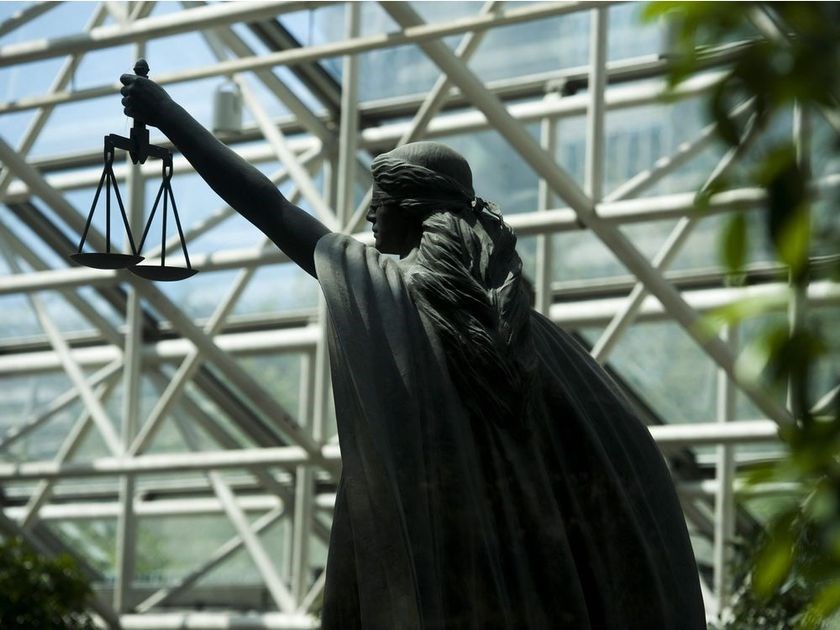A B.C. angler who took on an American billionaire ranch owner in a David and Goliath battle for public access to a lake says he’s shocked at winning the case.
“We are in disbelief right now but very happy,” Rick McGowan, director of the Nicola Valley Fish and Game Club, said the day after the B.C. Supreme Court ruled in the club’s favour.
McGowan’s club took the Douglas Lake Cattle Company to court two years ago after the company in the 1990s blocked access to Stoney and Minnie lakes on the Douglas Lake Ranch near Merritt.
McGowan said the court’s decision is precedent-setting and will mean the people of B.C. have a right to access all public places in the province.
“Any body of water that has been raised naturally or artificially with a dam, this means that those landowners can’t say that because they flooded their private property you can’t go to the public lakes,” he said.
In a ruling posted Friday, B.C. Supreme Court Justice Joel Groves said the provincial government retained rights to the lakes, making the fish in the lakes public property. The ruling means the public has a right to access the lakes.
Groves concluded that province breached its obligations to the citizens of B.C. when the cattle company unilaterally closed a public road and “no government official had the wherewithal to insist that the lock on the gate be removed.”
“We always knew what evidence we had and the law, but it was just how we were going to get the government and the private land owners to acknowledge that the law is there and they have to abide by it. And the judge now has confirmed that,” said McGowan, on Saturday.
“I know a few people were headed up there to go fishing today. So I’m sure that lock has been removed one way or another.”
The ranch is owned by American multibillionaire Stan Kroenke, who also owns the Denver Nuggets of the NBA, Los Angeles Rams of the NFL and the Colorado Avalanche of the NHL, among other sports enterprises. Lawyers for the ranch could not immediately be reached for comment.
Although he called the win “a big step forward,” McGowan said the fight is not over. They will still have to negotiate with the B.C. government and the ranch to provide road access to the land that they blocked.
They also have another suit before the courts in a bid to gain public access to another popular fishing spot at Corbett Lake.
Douglas Lake Ranch is one of the world’s biggest cattle companies. It decommissioned a road leading to the lakes in the early 1990s, locking out access to members of the fishing club.
Groves said in his ruling that the province has a duty to maintain the ownership of public lands and roads and to prohibit those who — for their economic or personal benefit — choose to occupy those public lands.
McGowan said it has been a long battle ever since ranchers started locking up roads to stop people from hunting and fishing.
The ranch built dams to increase the size of Stoney Lake from 37 acres to about 141 acres. Minnie Lake has also been enlarged.
The ranch argued that the land between the original boundary of the lakes and the new, larger lake edge is private property — even though it is submerged — and that the lakes were therefore off limits to the public.
It also contended that because it stocks the lakes with trout for the enjoyment of its guests, the ranch owned the fish in the lakes.
However, Groves ruled that they are wild fish, and that the ranch lost ownership of the fish when they were released into public bodies of water.
The game club, which has about 200 members, raised money in the community for its court battle, including $15,000 from the B.C. Wildlife Federation and $25,000 from West Coast Environmental Law.
On Saturday, McGowan said he was “overwhelmed” by the support they had received.
“I am so grateful for the donations that were raised from clubs all over B.C. I want to thank all of them. We couldn’t have done this without that support,” he said.
“We did this for the future generations of British Columbians because roads like this are being locked all over B.C., and something had to be done about that.”
— With files from Randy Shore and The Canadian Press



